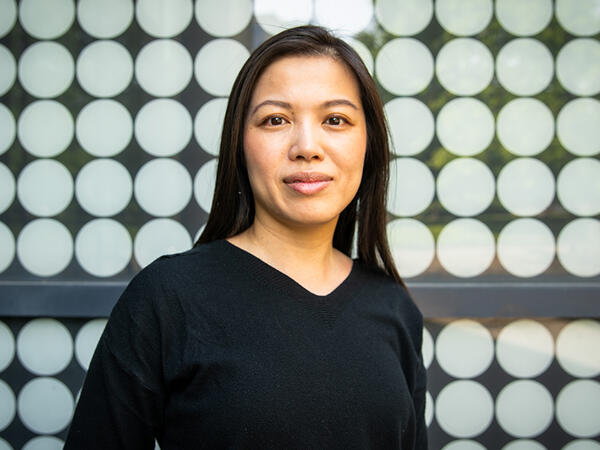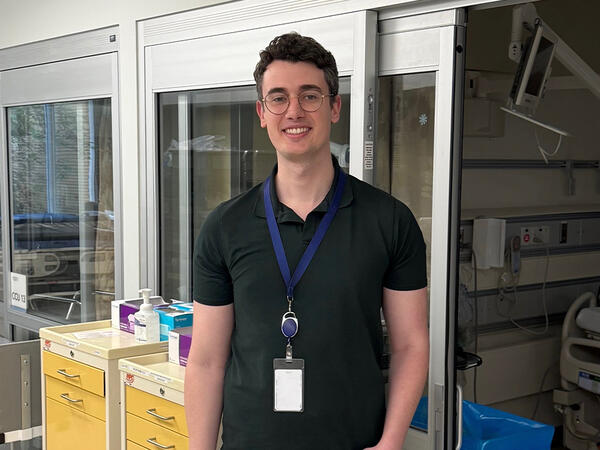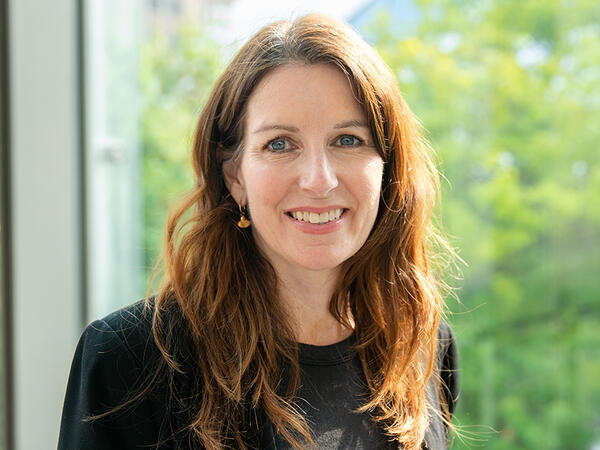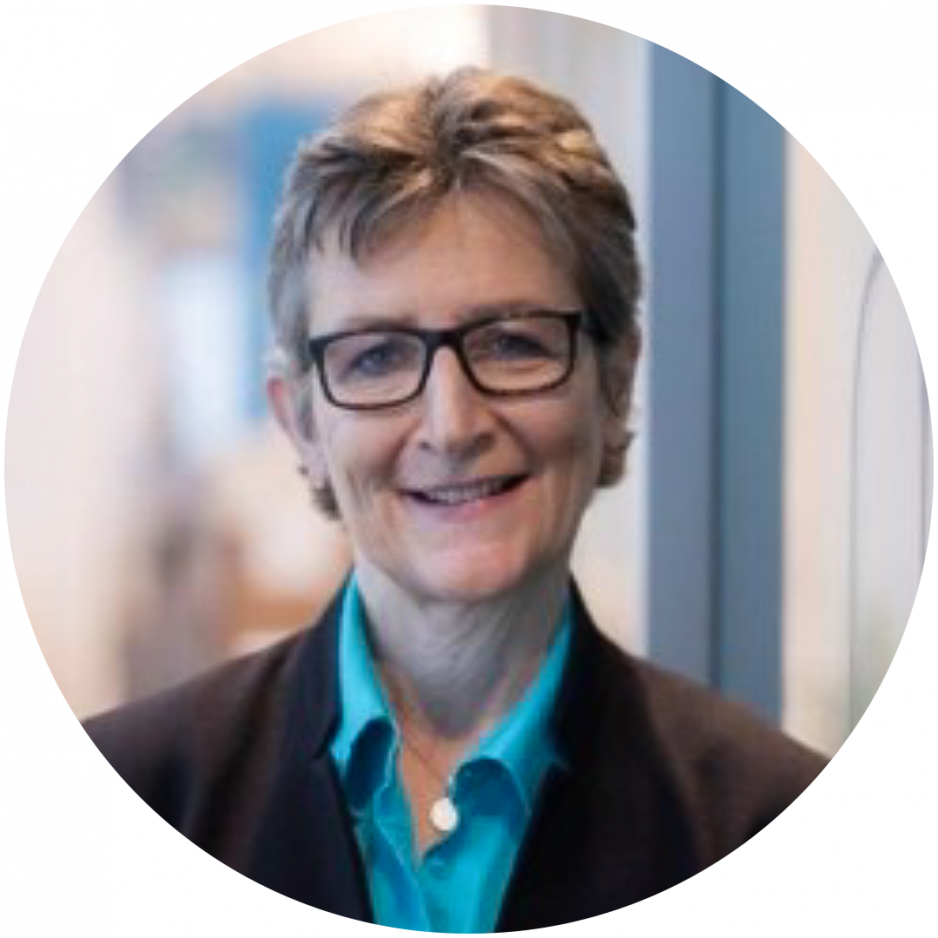Wendy Arnott credits breadth of career in pharmaceutical industry to strong foundational pharmacy education
Wendy Arnott, a graduate from U of T’s Bachelor of Science in Pharmacy program, says that her experience in the undergraduate pharmacy program gave her the broad education and practical experience needed to excel in the pharmaceutical industry.
“The entry-to-practice pharmacy degree provided a strong foundation in all of the life sciences,” she says. “And with that strong foundation, it can serve as a springboard into many different careers in the life sciences industry.”
After Arnott graduated from U of T in 1987, she pursued a PharmD at Wayne State University in Detroit with the intent to pursue a career in academia. But after her degree, she changed course and began working in industry. She worked at Johnson and Johnson for 16 years, then was at Bayer Canada for five years, and is now Country Medical Director at Gilead Sciences.
Throughout her career, Arnott has held progressively senior roles in many different areas of research and development, including medical affairs, clinical research, regulatory affairs, pharmacovigilance and quality management.
“I’ve really done the gamut in the industry, and my undergraduate pharmacy degree as that foundational springboard has enabled me to go in many different directions in research and development,” she says.
In her current role, Arnott leads a team of field-based staff who meet with health care professionals to communicate the science and data about their products, as well as gain insights from health care professionals to integrate into the company’s future activities.
“When you have that frontline experience, you can be an ambassador of the patient voice and contribute ideas and strategies that come from a practical perspective.”
Arnott is a licensed pharmacist and worked in retail pharmacy during both her undergraduate and PharmD degrees. She says that this experience and perspective has helped her career in industry.
“I’ve been a health care professional on the front line, and I have real life experience of what it’s like to interact with patients,” she says. “When you have that frontline experience, you can be an ambassador of the patient voice and contribute ideas and strategies that come from a practical perspective.”
Mentorship can help open eyes to new career directions
Arnott says that another reason she’s been able to gain a broad range of experience is that she has always had a mentor who has pushed her into new directions in her career.
Her first boss at Johnson and Johnson became an important mentor. Arnott says that earlier in her career, she had little interest in working in regulatory affairs, but her boss pushed her in that direction – and it quickly became one of her biggest interests in the industry.
“Mentors can share perspectives that as mentees you don’t have yet,” she says. “They can open your mind and guide you to experiences that will be quite valuable to you in your career.”
She often reflects on what she learned from him and, even though he is now retired, she still connects with him regularly to talk about her career and ask his advice.
Now, having been in the industry for nearly 25 years, Arnott is also mentoring pharmacy students through the Leslie Dan Faculty of Pharmacy’s PharmaSEE Mentorship Program and sharing what she’s learned throughout her career.
“You can go in an almost overwhelming number of directions with your career. A mentor who has some experience can help you figure out what it is you want to do, help guide you to the right experiences, open your mind to some possibilities and try to narrow the funnel a little bit,” she says.
“The biggest legacy you can leave is on people and helping them develop and grow and pursue their careers. At this point, I want to pay it forward, and this is a small yet impactful way that I can do so.”
More News
Image

Welcoming Ivy Lam as Academic Lead in Climate, Health & Sustainable Care
Assistant Professor Lam will guide the Leslie Dan Faculty of Pharmacy's efforts to embed environmental sustainability across the Faculty.
Read More
Image

Pharmacy alum’s research shows how full-scope practice improves cancer care
Honoured with a national award, Adrian de Boer says his residency experience was a powerful reminder that he's making a meaningful change to the pharmacy profession.
Read More
Image

Pharmacy alum passionate about helping community pharmacists practice to full scope
As a pharmacy leader at Rexall, Heidi Wittke uses frontline experience to lead initiatives that improve patient care
Read More
